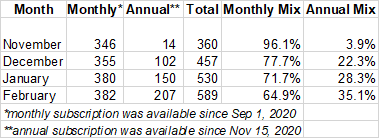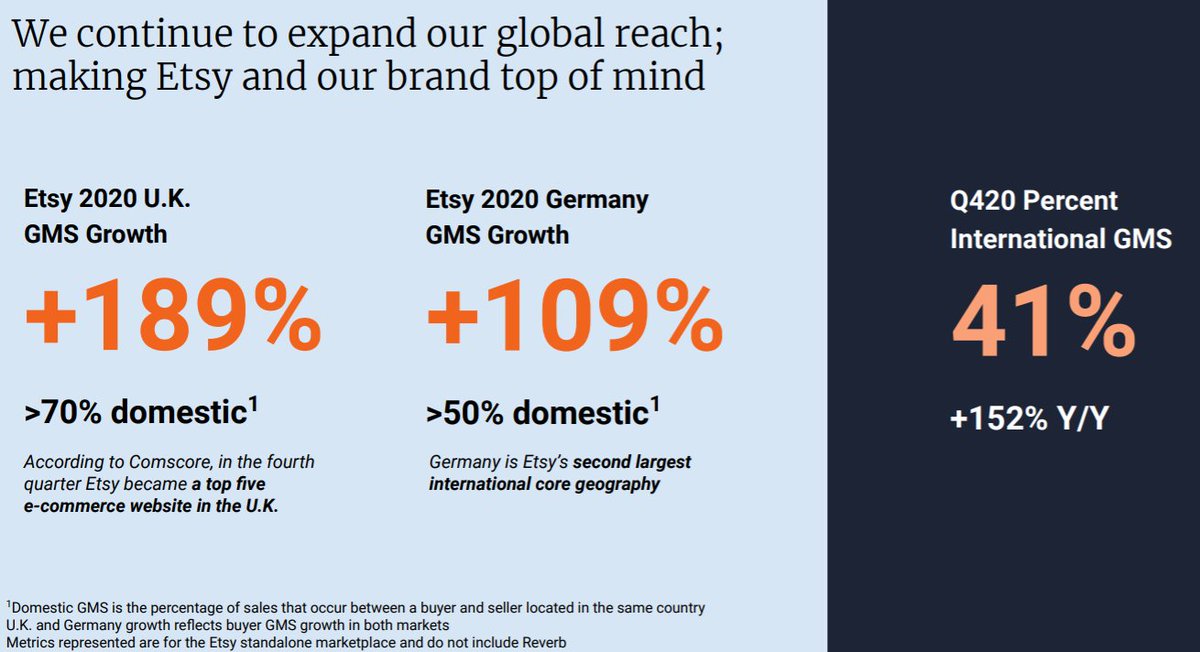
1/9 Thread: The dilemma of behavioral biases
Knowing about behavioral biases and knowing *your* biases are very different. Most investors have this implicit assumption that behavioral biases are other people’s problems, and they are somewhat immune from this “disease”.
Knowing about behavioral biases and knowing *your* biases are very different. Most investors have this implicit assumption that behavioral biases are other people’s problems, and they are somewhat immune from this “disease”.
2/9 Nobody really claims this since it’s not believable, but many carry this implicit assumption.
While discussing with @LibertyRPF recently, we both conceded that we act very differently to a company and its shortcomings depending on whether we own the stock.
While discussing with @LibertyRPF recently, we both conceded that we act very differently to a company and its shortcomings depending on whether we own the stock.
3/9 He mentioned how his views on Facebook’s shenanigans had a high correlation to whether he actually owned the stock.
Looking at how many smart people absolutely lambaste Facebook, I have often wondered the same.
Looking at how many smart people absolutely lambaste Facebook, I have often wondered the same.
4/9 I do not share the passion of most critics, but generally agree that Facebook could have and should have done better.
But what if I didn’t own the stock?
But what if I didn’t own the stock?
5/9 It’s hard to argue otherwise that my lukewarm quip of “could have/should have done better” would probably have a little more bite.
Thanks to capital gain taxes, I cannot just sell stocks and think impartially for a few weeks before coming up with my unbiased views.
Thanks to capital gain taxes, I cannot just sell stocks and think impartially for a few weeks before coming up with my unbiased views.
6/9 Understanding this dilemma, I have started to appreciate thoughtful bears much more than my fellow bulls.
As a long-term shareholder, it means little who else is with me as I believe operating performance of the business will be the eventual driver of the stock price.
As a long-term shareholder, it means little who else is with me as I believe operating performance of the business will be the eventual driver of the stock price.
7/9 But since almost all shareholders have these almost irreparable blind spots, it’s incredibly valuable to be open enough to listen to people who may not have these blind spots. Of course, it doesn’t make them automatically right.
8/9 There is NO theory that just because I don’t own “XYZ” company, my opinion on “XYZ” is somehow more valid.
The flipside of the endowment effect I described earlier is most people are simply lazy with their opinions when they don’t have skin in the game.
The flipside of the endowment effect I described earlier is most people are simply lazy with their opinions when they don’t have skin in the game.
9/9 It is tricky and challenging to sift through this inherent laziness and insightful opposing commentary/analysis of the other side on a company that you may have missed because you already own the stock.
Investing in individual stocks is not easy, and it never will be.
Investing in individual stocks is not easy, and it never will be.
• • •
Missing some Tweet in this thread? You can try to
force a refresh










